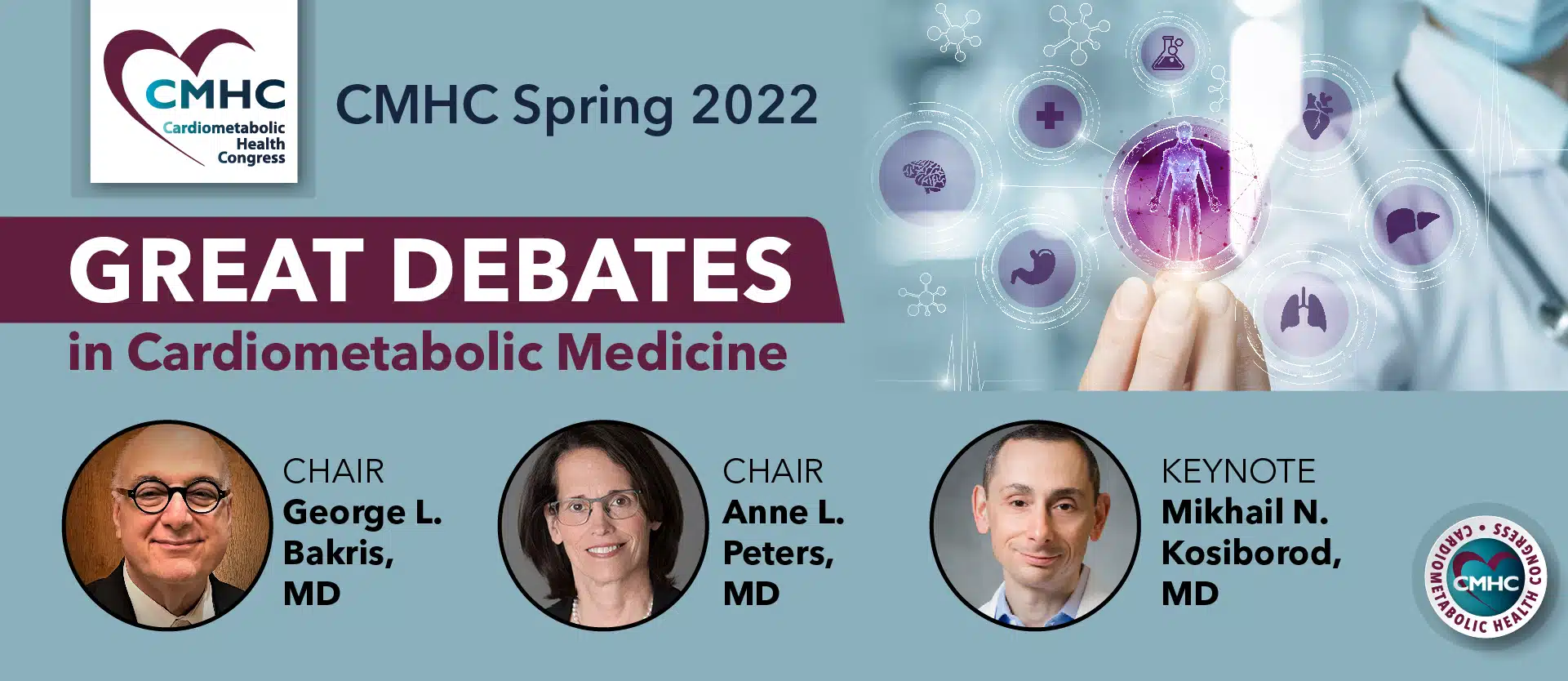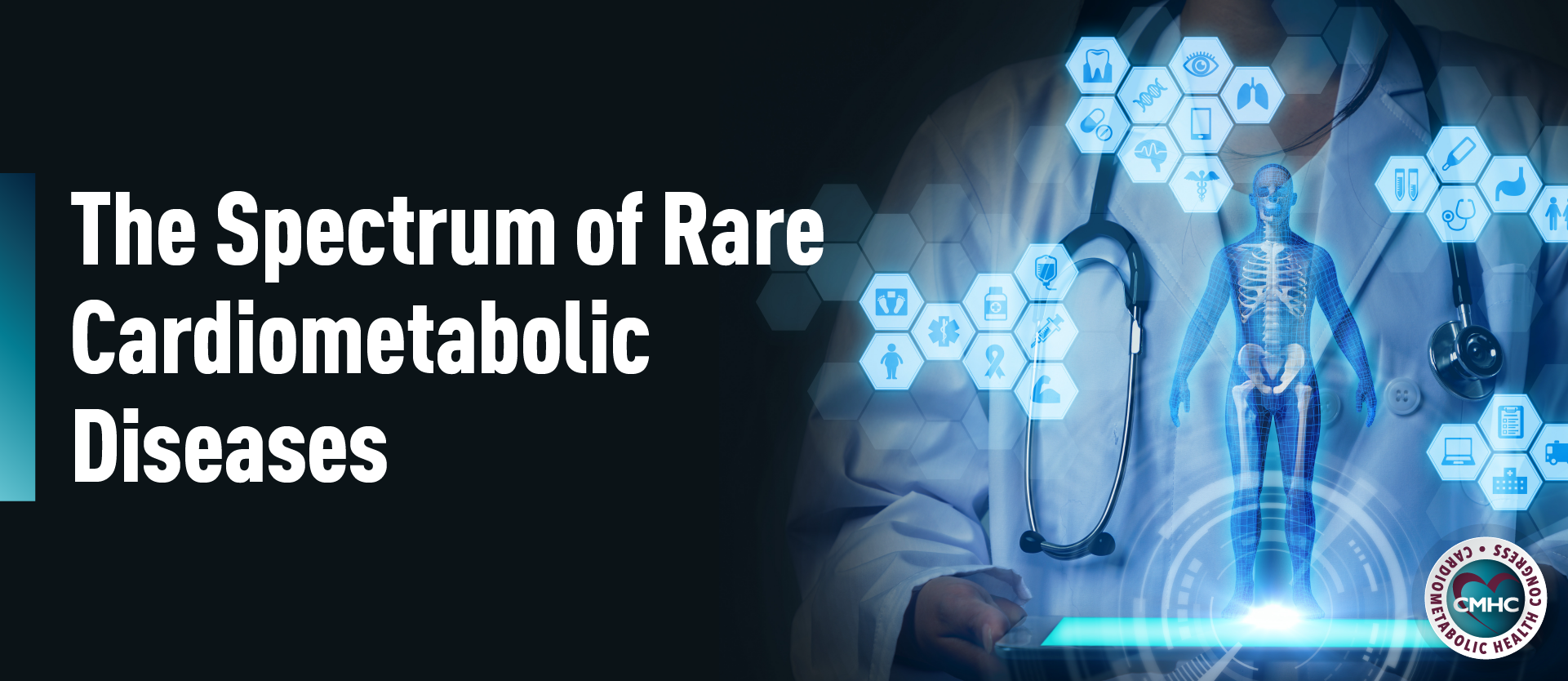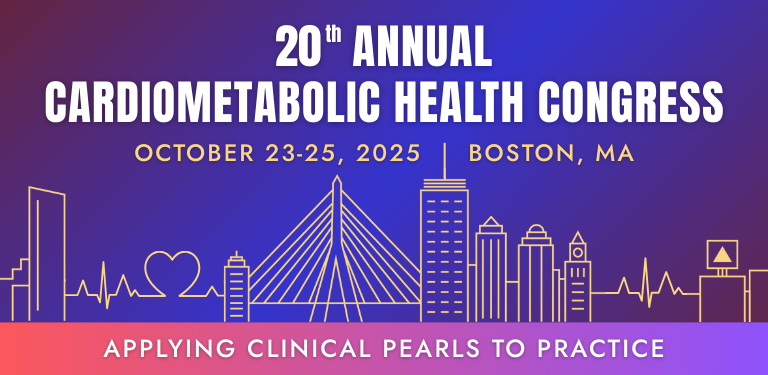 Psychiatric disorders and symptoms like depression and anxiety are not only pervasive and persistent, but they also have gravely negative impacts on functioning, quality of life, and the cardiovascular health—the latter of which has recently been studied, including the physiologic and health behavior mechanisms that mediate the relationship.
Psychiatric disorders and symptoms like depression and anxiety are not only pervasive and persistent, but they also have gravely negative impacts on functioning, quality of life, and the cardiovascular health—the latter of which has recently been studied, including the physiologic and health behavior mechanisms that mediate the relationship.
Studies indicate that patients with heart disease show very high rates of depressive and anxiety disorders: the prevalence rates are significantly higher than those in the general population. Research further demonstrates that depression and anxiety are not merely rapid or transient responses to severe cardiac symptoms or events, but rather continuous and consistent. For most cardiac patients, anxiety remains a common problem.
The association between psychiatric illness and cardiac health is critically imperative to investigate because of the role that anxiety disorders play in the gradual development and progression of coronary heart disease and heart failure. Patients with established heart disease and depression show poor outcomes; the evidence is so compelling and strong that the American Heart Association has labeled depression as a risk factor for poor medical outcomes following any acute coronary syndrome. Likewise, anxiety disorders have been linked to increased rates of mortality among cardiac patients.
In physiological terms, the frequent co-occurrence of depression, anxiety, and cardiovascular diseases stems from the common behavioral and pathophysiological drivers and underpinnings: unhealthy lifestyles, autonomic dysregulation, inflammation, and other intricate relationships that have commonalities.
In order to effectively treat patients with cardiac disease, it is essential to additionally investigate any depression and anxiety disorders that have manifested.







